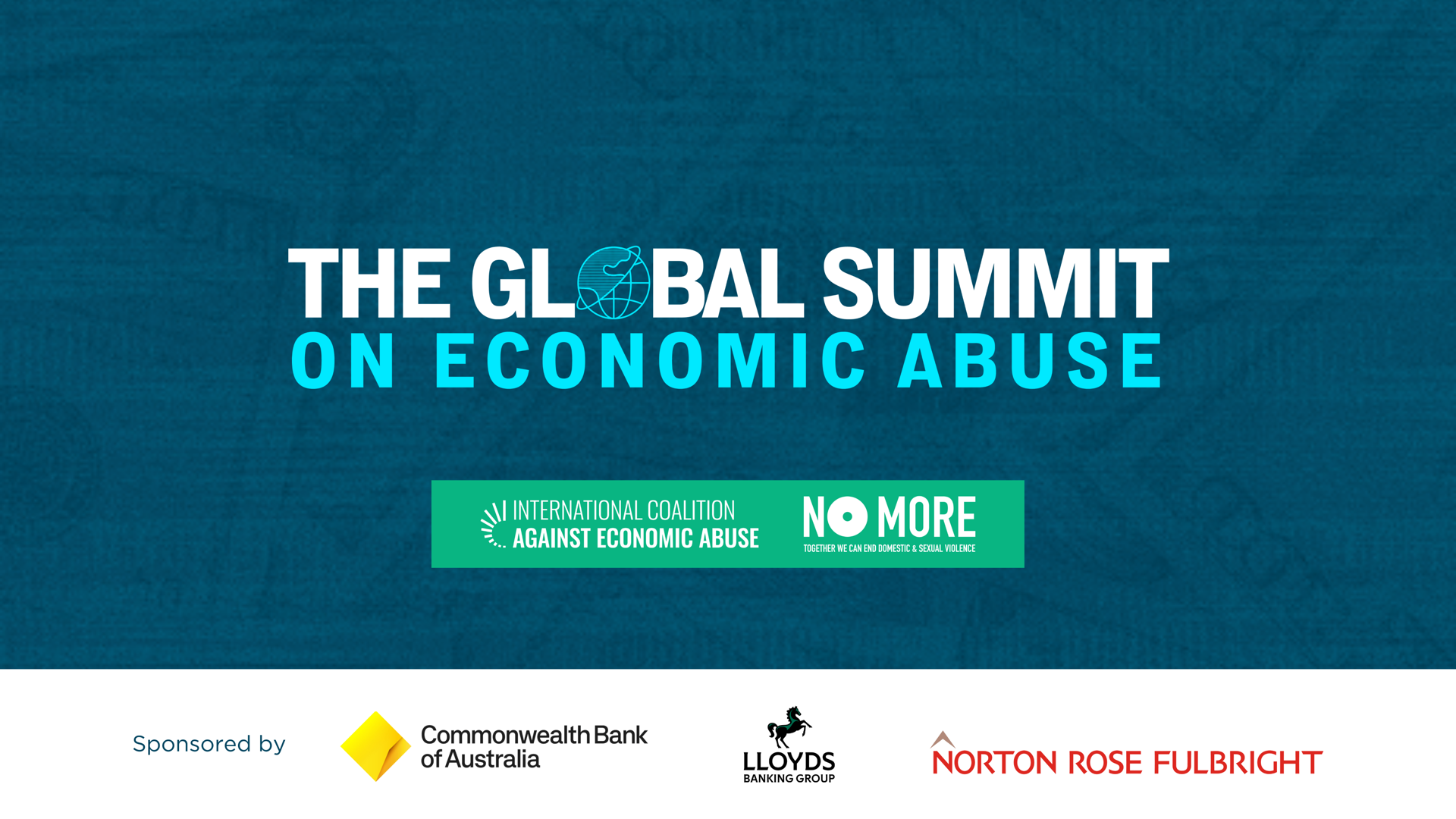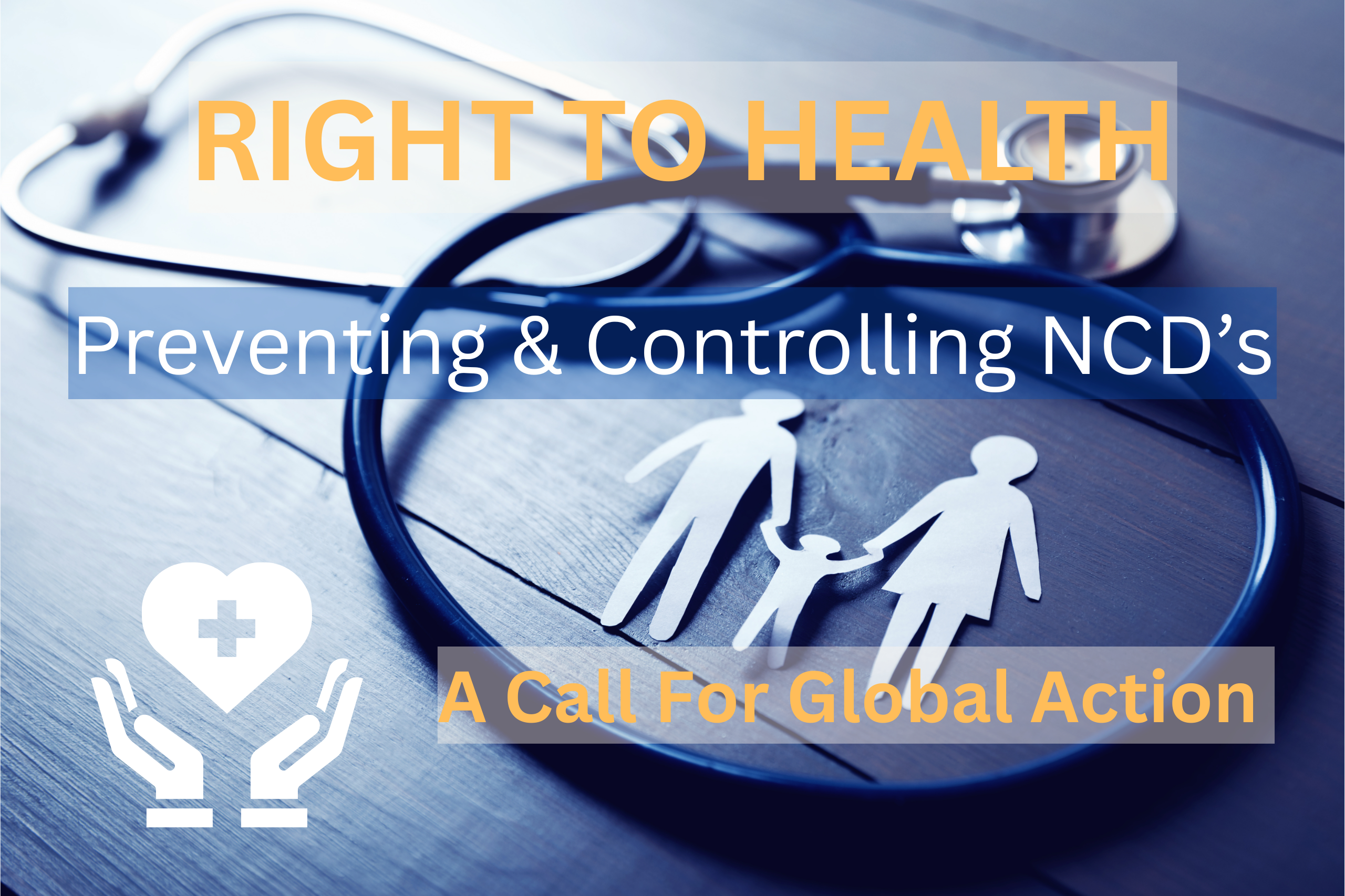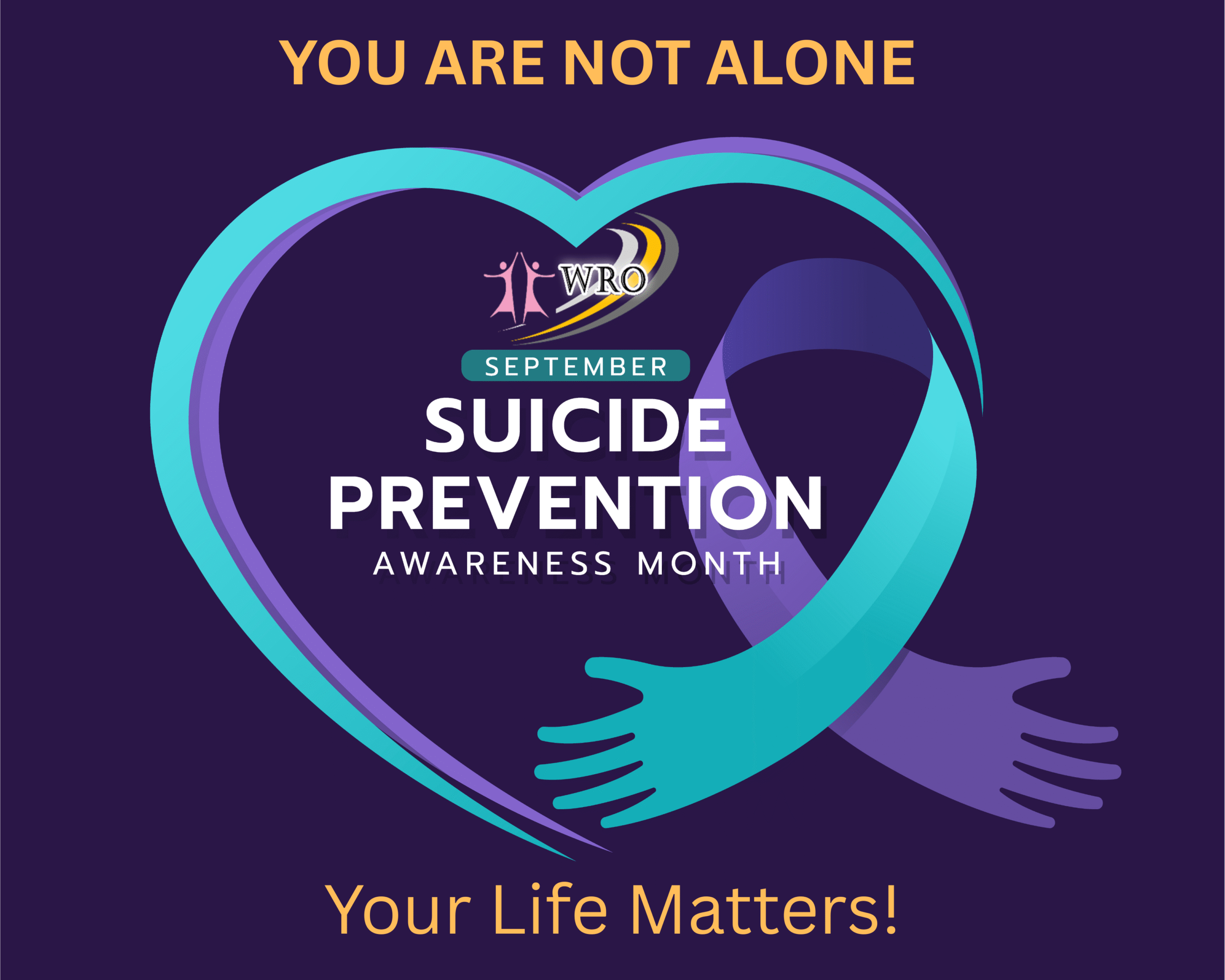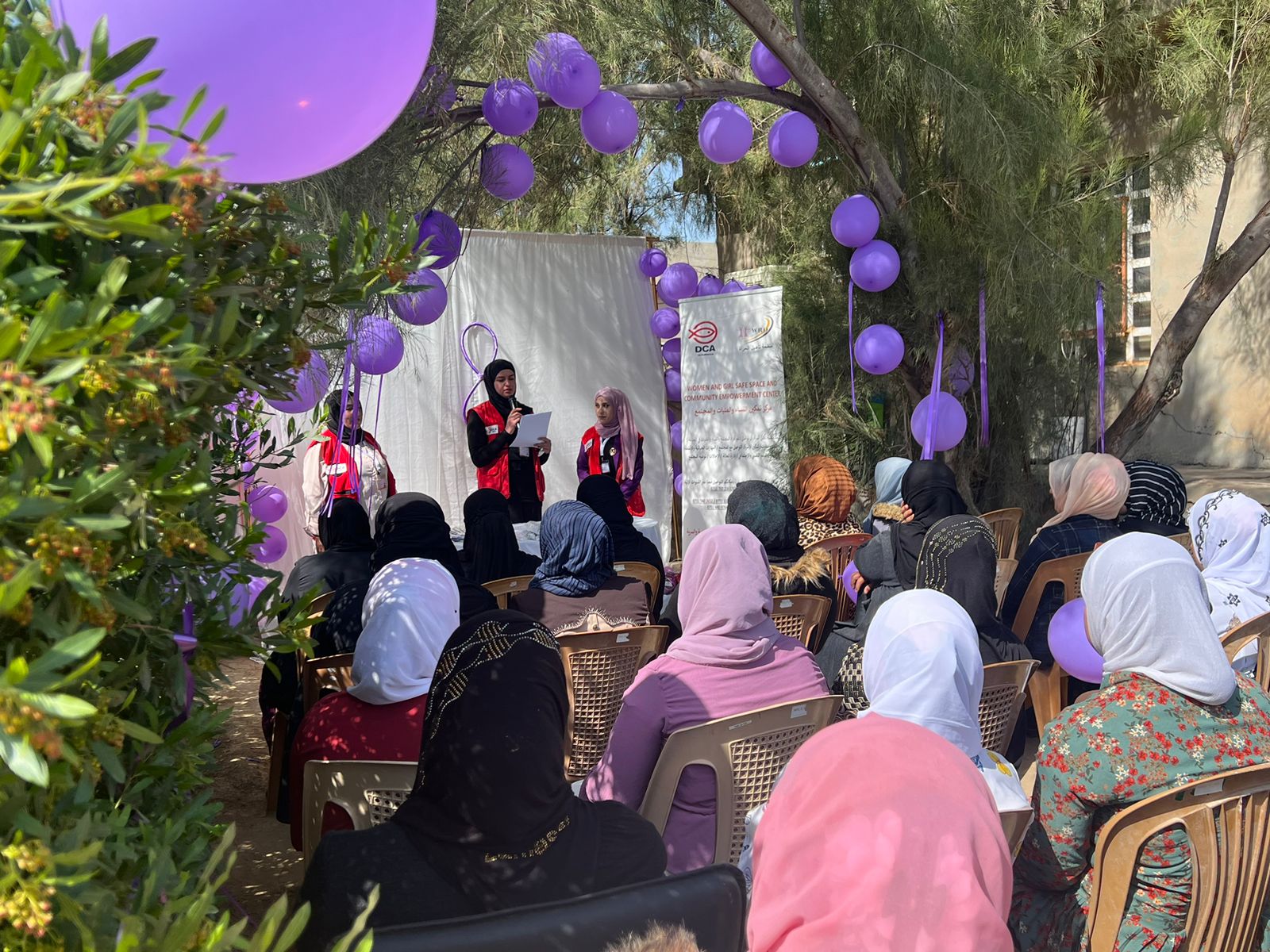CSW69: A Pivotal Moment for Gender Equality at the UN and its Impact on CSOs Around the Globe.
From March 10 to 21, 2025, global leaders, activists, and civil society groups gathered at the United Nations Headquarters in New York for the 69th Session of the Commission on the Status of Women (CSW69). This session was especially significant, marking the 30th anniversary of the Beijing Declaration and Platform for Action—a landmark blueprint for advancing women’s rights worldwide.
The mood was both reflective and urgent. Delegates commemorated progress over three decades, but the atmosphere was charged with concern over rising threats to hard-won gains in gender equality.
Reaffirming Commitments Amid Rising Backlash
At the heart of CSW69 was the adoption of a political declaration that reaffirmed global commitments to the Beijing Platform. Member States agreed on a Multi-Year Programme of Work (2026–2029) that outlines key priorities for the coming years, including:
- Promoting women’s economic empowerment and decent work
- Combating gender-based violence and harmful practices
- Expanding women’s leadership in peacebuilding and climate action
However, these affirmations came against the backdrop of an increasingly polarized global landscape. Several countries pushed back against inclusive language—particularly around sexual and reproductive health and rights and gender identity—revealing fractures in international consensus.
The Secretary-General’s Stark Warning
In a powerful address, UN Secretary-General António Guterres warned that “the poison of patriarchy is back with a vengeance.” His words echoed the sentiments of many who see a growing anti-rights movement attempting to roll back decades of progress.
Participants flagged the rise in:
- Attacks on reproductive rights and personal autonomy
- Anti-inclusion policies and hate speech
- Authoritarian regimes using nationalism and religion to justify discrimination
These trends, delegates noted, demand not only resistance but a proactive, transnational strategy.
Violence, Crisis, and Climate: Gendered Realities
The session also emphasized the intersection of conflict, climate, and humanitarian crises. Delegates and experts drew attention to how women and girls are disproportionately affected by:
- Armed conflicts, facing targeted violence and exclusion from peace processes
- Climate change, which increases food insecurity, migration pressures, and unpaid care work
- Displacement, where access to health services, safety, and legal protection is often denied
Speakers called for responsive humanitarian aid, greater protection for women human rights defenders, and meaningful participation of women in crisis response and recovery.
The Funding Gap: A Persistent Obstacle
Despite policy pledges, implementation continues to lag, largely due to insufficient funding. Many participants criticized the lack of political will and resource allocation, pointing out that:
- Less than 1% of gender equality aid reaches women-led organizations
- Only 5% of official development assistance is primarily focused on gender equality
- Grassroots organizations, especially in the Global South, are chronically underfunded
Civil society leaders demanded accountability mechanisms and dedicated financing to match the scale of the challenges.
Civil Society Leads from the Front
Beyond formal negotiations, over 800 side events brought together grassroots voices, leaders, advocates, and networks. Civil society groups submitted “shadow reports” exposing gaps between government claims and lived realities.
Key civil society messages included:
- Stop using “culture” or “tradition” to justify violence and discrimination
- Center the experiences of marginalized women, including those with disabilities, in policymaking
- Ensure youth leadership is not symbolic but tied to decision-making power
There was a renewed push to protect civic space and ensure meaningful inclusion of women’s voices at all levels.
Looking Forward
CSW69 served as both a milestone and a wake-up call. While progress has been made since 1995, many of the promises of the Beijing Platform remain unfulfilled. The session highlighted the urgent need to turn political will into action, protect hard-fought rights, and invest meaningfully in gender equality.
As CSOs, the UN and Member States prepare for future sessions, the message from New York was clear: The fight for justice is far from over—and the global rights movement is not backing down.








